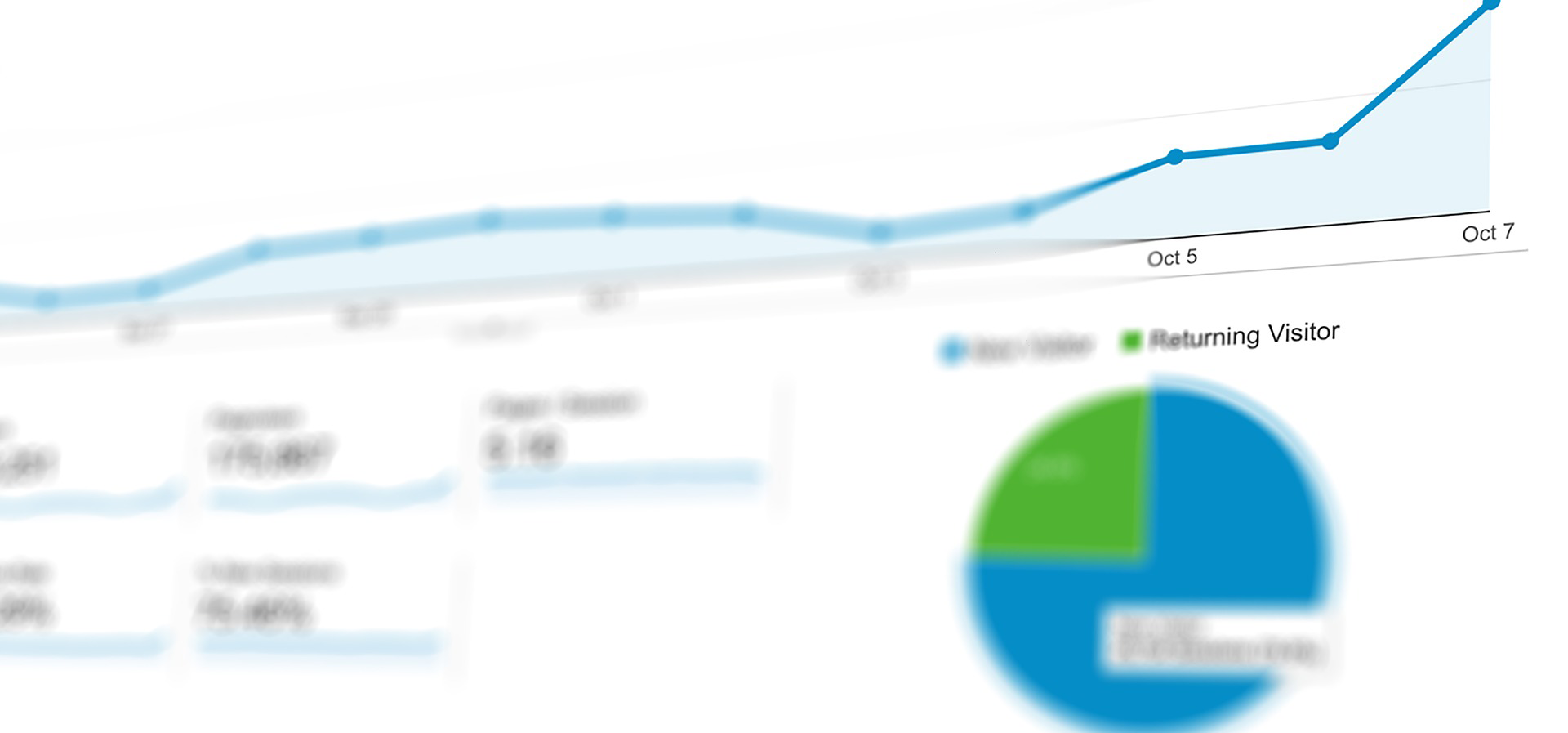Last October, Sophorn Chhay wrote a fantastic guest post for us on Auditing Techniques for your PPC campaigns. With that in mind, we’ve looked into a few further tactics for maximizing your pay per click results that we’ll cover today.

Conversion Tracking
Every good PPC campaign should have conversion tracking deployed from day one. I always recommend that you start with the AdWords standard tracking for websites. In fact, even if you use a premium solution for managing your PPC campaigns, it pays to include the provided tracking codes from the PPC platform you are using.
Other conversion tracking that I advocate include:
- Call tracking for businesses that get a lot of their leads via the phone
- Conversion tracking in Google Analytics (or whatever analytics package you use) to get a full view of performance when evaluating sitewide, cross-channel metrics.
Whatever approach you choose for your own business and campaign, be sure you are tracking conversions. Without it, you are managing your PPC spend based on guesswork and website visitors.
So early in the PPC audit, I review conversion tracking to determine whether or not we have a good idea of what keywords, ad groups, and ads are driving real leads. It is a huge influence on how I approach the rest of the analysis as described below.
Ad Group Structure, Sizing, and Performance
Ad group structure is very important for performance, and can even factor into quality scores along with the landing page and keywords chosen.
First, a good ad group should be the right size. We start off by reviewing how many keywords are in each ad group (Google recommends 10-25 keywords in an ideally sized ad group). This is the first step in the audit.
Next, we turn our attention to overall performance by ad group. Standard metrics such as CTR, CPCs, and conversion rates and costs all play into this analysis.
Finally, we again review to ensure that the ad groups have been built into tight themes. Even if the ad groups are sized appropriately, we often find that loosely themed groups of keywords tend to have lower quality scores and poorer performance than optimized ad group structures.

Landing Page Optimization
My absolute favorite parts of any PPC campaign. I place a lot of emphasis on them partially because you cannot automate them, but mostly because I care about appearances.
Think about it, no one gets to see any other aspects of your PPC account. Bids, keywords, management tools, and overworked interns are all behind the scenes. Ads and landing pages are the only thing you can show your searcher, so make them count.
Test your ads regularly. If you have sufficient traffic volume or conversions (100/month),you should be able to determine winning ads within 3 weeks.
Each ad (or ad group at the very least) should have a unique landing page that mirrors its messaging and carries the scent through. IT (or business prevention units, as some of us like to call them) are no longer an excuse with all the awesome do-it-yourself landing page testing and optimization tools on the market today.
Last October, Sophorn Chhay wrote a fantastic guest post for us on Auditing Techniques for your PPC campaigns. With that in mind, we’ve looked into a few further tactics for maximizing your pay per click results that we’ll cover today.

Conversion Tracking
Every good PPC campaign should have conversion tracking deployed from day one. I always recommend that you start with the AdWords standard tracking for websites. In fact, even if you use a premium solution for managing your PPC campaigns, it pays to include the provided tracking codes from the PPC platform you are using.
Other conversion tracking that I advocate include:
- Call tracking for businesses that get a lot of their leads via the phone
- Conversion tracking in Google Analytics (or whatever analytics package you use) to get a full view of performance when evaluating sitewide, cross-channel metrics.
Whatever approach you choose for your own business and campaign, be sure you are tracking conversions. Without it, you are managing your PPC spend based on guesswork and website visitors.
So early in the PPC audit, I review conversion tracking to determine whether or not we have a good idea of what keywords, ad groups, and ads are driving real leads. It is a huge influence on how I approach the rest of the analysis as described below.
Ad Group Structure, Sizing, and Performance
Ad group structure is very important for performance, and can even factor into quality scores along with the landing page and keywords chosen.
First, a good ad group should be the right size. We start off by reviewing how many keywords are in each ad group (Google recommends 10-25 keywords in an ideally sized ad group). This is the first step in the audit.
Next, we turn our attention to overall performance by ad group. Standard metrics such as CTR, CPCs, and conversion rates and costs all play into this analysis.
Finally, we again review to ensure that the ad groups have been built into tight themes. Even if the ad groups are sized appropriately, we often find that loosely themed groups of keywords tend to have lower quality scores and poorer performance than optimized ad group structures.

Landing Page Optimization
My absolute favorite parts of any PPC campaign. I place a lot of emphasis on them partially because you cannot automate them, but mostly because I care about appearances.
Think about it, no one gets to see any other aspects of your PPC account. Bids, keywords, management tools, and overworked interns are all behind the scenes. Ads and landing pages are the only thing you can show your searcher, so make them count.
Test your ads regularly. If you have sufficient traffic volume or conversions (100/month),you should be able to determine winning ads within 3 weeks.
Each ad (or ad group at the very least) should have a unique landing page that mirrors its messaging and carries the scent through. IT (or business prevention units, as some of us like to call them) are no longer an excuse with all the awesome do-it-yourself landing page testing and optimization tools on the market today.

